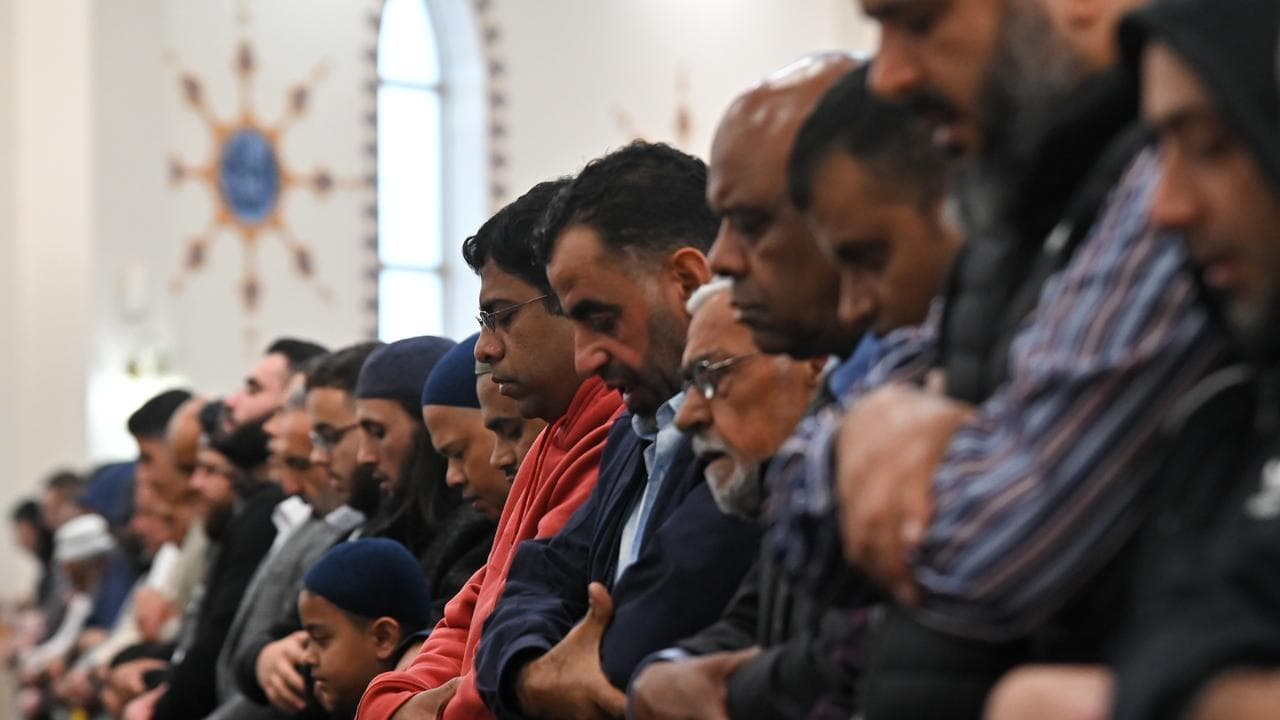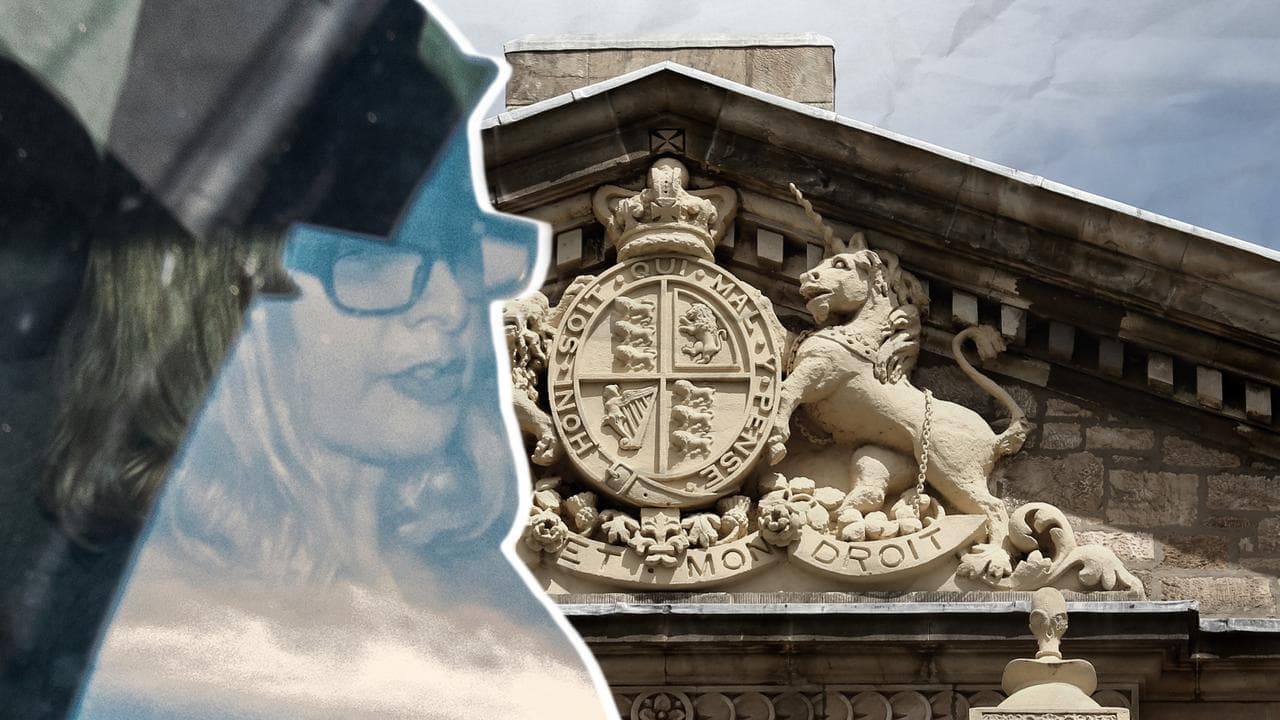WHAT WAS CLAIMED
The Moriori, Patupaiarehe, Waitaha and “Marungarunga” peoples arrived in New Zealand before the Maori people.
OUR VERDICT
False. Overwhelming evidence demonstrates Maori were the first humans to inhabit NZ.
AAP FACTCHECK – Social media users are repeating the unsupported myth that the Maori were not the first people to inhabit New Zealand.
A Facebook user has claimed that they "stole" New Zealand from four different groups – Moriori, Patupaiarehe, Waitaha and "Marungarunga".
This is false. There is no evidence of any pre-Maori inhabitants of NZ, and the four groups mentioned are either historic Maori peoples or mythical beings.
The claim appears in a post in the "challenging councils nz" Facebook group, which begins by stating that the Maori were like NZ's 165 other ethnicities from overseas.
"THEY STOLE THE COUNTRY OFF THE EARLIER INHABITANTS ,Moriori, Patupaihere, Waitaha, Marungarunga," the post says.

Experts have previously told AAP FactCheck that scientific, archaeological and social evidence overwhelmingly demonstrates that Maori were the first peoples to reach NZ in about 1300.
Emeritus Professor Atholl Anderson from the Australian National University explains that radiocarbon dating shows the many thousands of human settlement sites in NZ extend back about 800 years, not earlier.
He says the material evidence from those sites is "very clearly" of East Polynesian origin or derivation.
"No scientific, archaeological or any other type of scholarly evidence has ever produced a convincing case for anything other than exclusive Polynesian to Maori/Moriori settlement," Prof Anderson told AAP FactCheck.
Otago University's Professor Ian Barber pointed to a "long and sad record of claims" that the Maori ancestors were not the first settlers of NZ.
"An early ethnological myth portrayed Moriori as the first inhabitants, supposedly descended from a western Pacific people," he told AAP FactCheck.

He says there is "not a shred of evidence for this claim which has a nasty, racist base," and the archaeological and anthropological reality is that "Maori and Moriori are cognate, and Polynesian in origin".
Professor Anderson explained that the Moriori either arrived in NZ with the rest of the peoples who eventually became known as the Maori and later migrated to the Chatham Islands, where they developed their own distinct culture, or they migrated directly to the Chatham Islands from Polynesia around the year 1500.
Prof Anderson says the 'Patupaiarehe' mentioned in the post were not real people, but mythical beings in Maori tradition.
"They were fairies, not human beings," he told AAP FactCheck.
Prof Anderson and Prof Barber say that the Waitaha were also not a pre-Maori people.
The term collectively refers to Maori peoples who inhabited the South Island before later groups, the Ngati Mamoe and Ngai Tahu, migrated there from the North Island.
Prof Anderson says Waitaha Maori may have arrived in the South Island before or shortly after the Maori settled in the North Island.

The Facebook post also claims that the "Marungarunga" were another pre-Maori people.
Experts told AAP FactCheck they had not heard of the "Marungarunga."
However, it may refer to the "Te Marangaranga," who are believed to be the original Maori inhabitants of the Rangitaiki and Whirinaki valleys in the North Island's Bay of Plenty region.
In a 1998 report commissioned by the Waitangi Tribunal, Maori researcher Nicole Bright described Te Marangaranga as an early Maori hapu, or kinship group.
"These people were one of the earliest, if not the first, hapu to settle the area," she wrote in the report (Page 8).
The Verdict
The claim that the Moriori, Patupaiarehe, Waitaha and "Marungarunga" peoples arrived in New Zealand before the Maori people is false.
Experts told AAP FactCheck that scientific, archaeological and social evidence demonstrates that Maori were the first to reach NZ in about 1300.
False – The claim is inaccurate.
AAP FactCheck is an accredited member of the International Fact-Checking Network. To keep up with our latest fact checks, follow us on Facebook, Twitter and Instagram.












